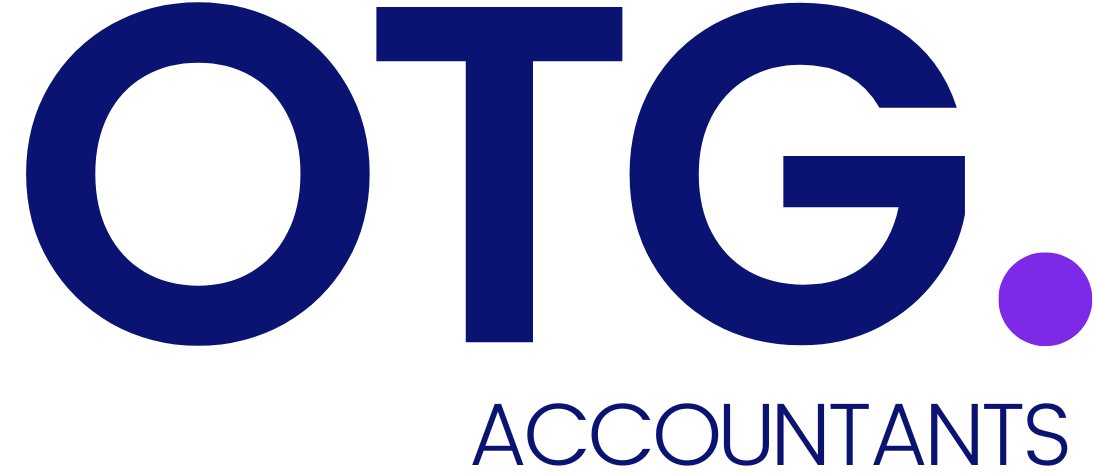Blog Post
Stamp Duty Land Tax: Temporary reduced rates
July 18, 2020
On Wednesday, 8th July 2020, Chancellor Rishi Sunak announced a reduction in stamp duty rates in a bid to stimulate the housing market.
If you purchase a residential property between 8th July 2020 to 31st March 2021, you will only start paying stamp duty on the amount that you pay for the property above £500,000. The rates of stamp duty land tax can be found in the table below:
| Property or lease premium or transfer value | SDLT rate |
|---|---|
| Up to £500,000 | Zero |
| The next £425,000 (the portion from £500,001 to £925,000) | 5% |
| The next £575,000 (the portion from £925,001 to £1.5 million) | 10% |
| The remaining amount (the portion above £1.5 million) | 12% |
The rates for first time buyers have been replaced by the reduced rates above.
Higher Rates for additional properties
Limited Companies and Individuals buying their second property must pay the 3% higher rate for any residential property they buy if:
- the property is £40,000 or more
- there is no lease on the property in place with more than 21 years
The following rates now apply:
| Property or lease premium or transfer value | SDLT rate |
|---|---|
| Up to £500,000 | 3% |
| The next £425,000 (the portion from £500,001 to £925,000) | 8% |
| The next £575,000 (the portion from £925,001 to £1.5 million) | 13% |
| The remaining amount (the portion above £1.5 million) | 15% |
On the 1st April 2021, the stamp duty rates will revert back to the rates of SDLT in place prior to 8th July 2020.

November 25, 2024
In the realm of employee share schemes, understanding the tax implications is crucial for both employers and employees. One significant aspect to consider is the Section 431 election, a provision under the UK's Income Tax (Earnings and Pensions) Act 2003. This election plays a pivotal role in determining how employment-related securities, particularly restricted shares, are taxed.

November 25, 2024
In today's rapidly evolving business environment, intangible assets have become central to a company's value and growth potential. Traditional accounting standards, however, have struggled to keep pace with the diverse and complex nature of these assets. Recognising this gap, the International Accounting Standards Board (IASB) and the UK Endorsement Board (UKEB) are embarking on a comprehensive review of IAS 38: Intangible Assets, a standard that has remained largely unchanged for over 26 years.



